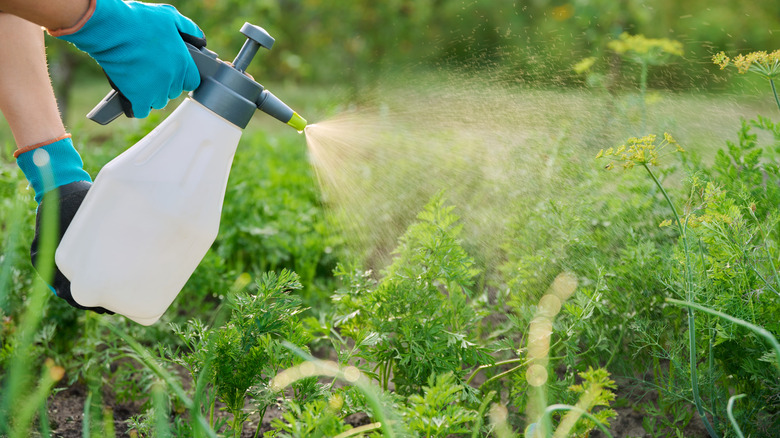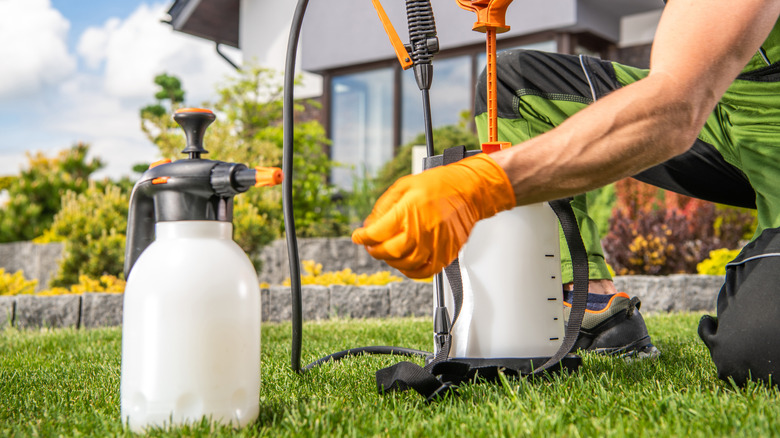What Is Liquid Seaweed Fertilizer & Is It Right For Your Garden?
With so many new forms of fertilizer on the garden scene, liquid seaweed is slowly becoming one of the go-to choices for gardeners looking for an organic way to feed their plants. Made from nutrient-rich seaweeds like kelp, this fertilizer is filled with essential minerals and natural growth hormones that promote healthier plants. Most store-bought synthetic fertilizers will give a quick burst of nutrients, but seaweed works gradually, helping the plants and soil over time. It contains a mix of many nutrients like potassium, nitrogen, iron, zinc, and magnesium. These nutrients are easily absorbed by plants, making the fertilizer particularly effective for stressed or struggling plants.
So, is it right for your garden? Well, another advantage is its ability to enhance your soil. The natural compounds in seaweed help add beneficial microbial activity, which will help break down organic matter and improve the availability of nutrients. This makes it a great choice for gardeners looking to build up healthier soil over the long-term. While it can't completely replace compost entirely, it's an excellent supplement that can lead to stronger and more productive plants. You can use it directly on plant leaves or in the soil to help encourage root growth. Either way, it's a reliable way to support plants at any stage.
How to effectively use liquid seaweed in your garden
To get the most out of liquid seaweed fertilizer, you'll want to make sure to use it correctly. Always follow any manufacturer-recommended instructions on the packaging. Most of them come concentrated and need to be diluted. Typically, you'll use 1 tablespoon per gallon of water for indoor house plants or more for outdoor use. You'll want to apply the spray every one to two weeks during the growing season. Try to always spray in the early morning, which is the best time of day to water your garden so that your plants have time to absorb the fertilizer before the midday heat kicks in.
While seaweed fertilizer is gentle to plants, there are a few things to keep in mind. Remember that this is not a complete replacement for a balanced soil diet. Pairing it with a nitrogen-rich fertilizer or compost can help maintain a well-rounded soil. Additionally, if you're using it on container plants, or live in a drier climate, seaweed products can contain small amounts of salt, so make sure you keep an eye on your soil's salinity over time. For the best results, use seaweed fertilizer during early growth phases or when plants may be showing signs of stress. The natural hormones can help reduce transplant shock and encourage quicker recovery. Over time, regular use of seaweed fertilizer and a balanced compost that you can DIY at home will lead to stronger growth, better yields, and improved resistance to pests and disease.

